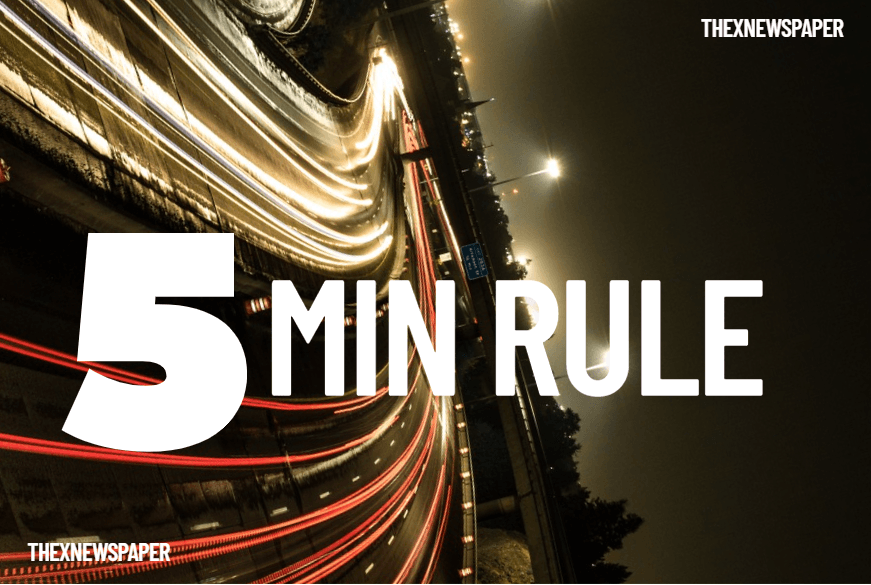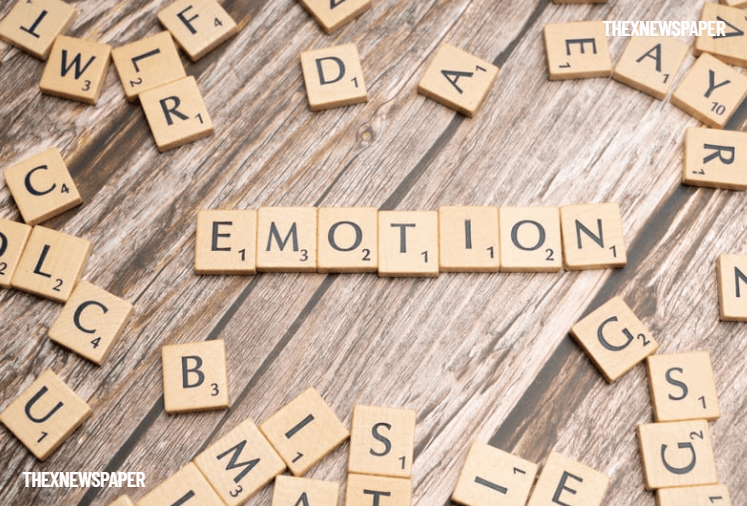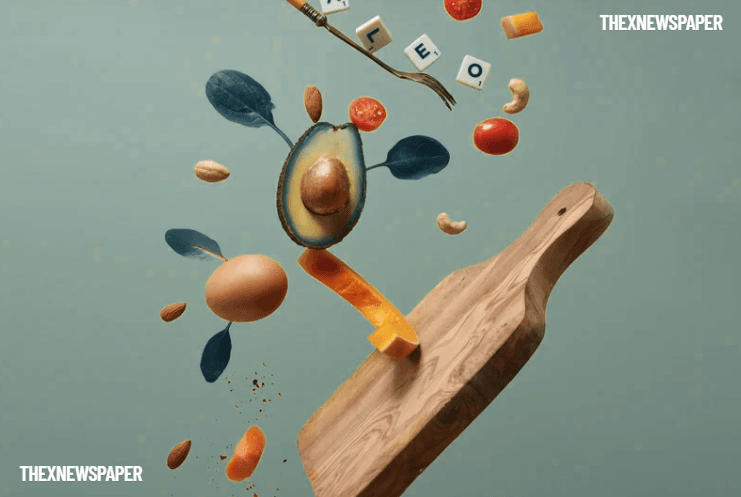🧠 Hook: What If You Could Trick Your Brain Into Loving Study Time?
- Imagine if studying felt like scrolling through your favorite app. What if your brain started craving books like it craves Netflix? Sounds impossible? It’s not. Welcome to the world of neuro-study hacks, where science meets strategy to make you smarter, faster, and more focused.
- Your brain has built-in cheat codes. When you learn how to trigger the right chemicals like dopamine, serotonin, and acetylcholine, you can flip your “lazy mode” into “genius mode.” This guide dives deep into brain behavior and rewiring tricks that help you study faster, retain more, and genuinely enjoy learning.
🎯 Why You Struggle to Study (And How to Fix It)

- Many students face common struggles when it comes to studying. Understanding the core issues is the first step to solving them.
🔍 Problem Breakdown:
- Comfort Over Discipline: Your brain avoids effort and seeks ease. #BrainLaziness #ComfortZone
- Dopamine Overdose: Social media gives quick pleasure, books don’t. #DopamineAddiction #ScrollTrap
- No Set Schedule: Without a fixed time, studying feels random. #NoRoutine #StudyConsistency
- Emotional Disconnect: You don’t feel the subject is useful. #NoConnection #StudyInterest
✅ Smart Fixes:
- Replace social media with study triggers. #RewireBrain #StudyHabits
- Use time blocks to create structure. #TimeBlocking #RoutinePower
- Find emotional meaning in subjects (career, goals, passion). #PurposeDrivenStudy #StudentGoals
🔥 1. Activate Dopamine Loops (Your Brain’s Reward Fuel)

Word of the Day: Dopamine
Dopamine is the chemical that gives you pleasure and reward. Use it to your advantage while studying.
📌 Strategy:
- 🔄 Break sessions into 25-minute intervals (Pomodoro). #PomodoroTechnique #StudyHacks
- 🍫 Reward yourself after each session (snack, music, short walk). #BrainReward #MicroBreaks
- 🔁 Repeat 4 rounds, then take a 30-minute break. #DeepFocus #StudyCycle
This trains your brain to associate studying with satisfaction, not stress.
🧩 Key Tools:
- Forest App
- Brain.fm for background music
- Smart timers with reward alerts
🔥 2. Use Environmental Triggers to Build Focus Zones

Word of the Day: Trigger
Triggers are signals that activate your brain’s habit systems.
📌 Strategy:
- 📍 Use the same physical location for study every day. #StudySpot #FocusZone
- 🕯️ Light a specific candle or use a study lamp as a cue. #VisualTrigger #StudyMood
- 🎧 Play the same playlist or ambient track while studying. #MusicFocus #MentalCue
- 👕 Wear specific “study clothes” to shift your mindset. #BrainSwitch #StudyUniform
These environmental triggers train your brain to enter ‘study mode’ quickly.
🔥 3. The 5-Minute Entry Rule: Bypass Resistance

Word of the Day: Activation
The hardest part of studying is starting. This trick makes it easy.
📌 Strategy:
- ⏳ Tell your brain: “Just 5 minutes, then I’ll stop.” #JustStart #ZeroResistance
- 🔄 More often than not, you’ll go beyond 5 minutes once you start. #MomentumMagic #StudyFlow
- ✅ Start with something fun (highlighting, flashcards) to ease into it. #SmoothStart #BrainHack
You’ll learn how tiny starts can lead to massive focus.
🔥 4. Gamify Your Study Time: Make Learning Fun

Word of the Day: Gamification
Gamification uses points, levels, and rewards to make boring tasks feel exciting.
📌 Strategy:
- 🎯 Assign yourself XP (experience points) for tasks. #LevelUpStudy #XPPoints
- 🏆 Reward long streaks with treats or breaks. #StreaksMatter #RewardSystem
- 👯♀️ Compete with a friend or sibling. #StudyBattle #MotivateTogether
- 📱 Use apps like Habitica to turn your study routine into a role-playing game. #StudyGames #HabitBoost
Gamification keeps your brain stimulated and focused.
🔥 5. Switch Subjects Every 45 Minutes for Better Retention

Word of the Day: Cognitive Refresh
Studying the same subject too long dulls your focus. Switching resets it.
📌 Strategy:
- ⏰ Set a 45-minute timer for one subject. #FocusLimit #TimeRotation
- 🔄 After a short 5-minute break, switch topics. #BrainRefresh #SmartSwitch
- 📚 Organize your schedule: Math → Break → History → Break → Science. #MultiStudyPlan #CognitiveSwitch
This prevents burnout and increases attention retention.
🔥 6. Visualization & Storytelling: Memory Boost 10x

Word of the Day: Visualization
Visual learning helps your brain create strong memory links.
📌 Strategy:
- 🧠 Turn concepts into stories, images, or videos in your head. #StudyStory #VisualRecall
- 🏰 Use the memory palace technique (imagine topics stored in rooms). #MemoryPalace #MindMapping
- 🎨 Draw diagrams, flowcharts, and maps to retain more. #BrainSketch #VisualLearning
Visual memory is proven to be more powerful than verbal memory. Use both.
🔥 7. Teach Others What You Learn (Feynman Technique)

Word of the Day: Reinforcement
Teaching is one of the best ways to retain and deepen knowledge.
📌 Strategy:
- 👦 Explain what you learned to a younger sibling or friend. #TeachToLearn #FeynmanTechnique
- 📄 Write simple summaries in your own words. #OwnTheTopic #ConceptMastery
- 🧪 Create quick quiz questions or mock tests for others. #PeerTeaching #RetentionHack
You learn faster when you simplify and explain.
🔥 8. Add Emotion to Memory: Learn with Feelings

Word of the Day: Emotional Encoding
The brain remembers stories that stir feelings more than facts.
📌 Strategy:
- 💭 Relate lessons to your life, dreams, or personal experiences. #EmotionalAnchor #StudyWithHeart
- 🎬 Imagine yourself in real scenarios where the lesson applies. #LiveTheLesson #BrainScene
- 💡 Ask yourself: “Why does this matter to me?” #PurposeDriven #DeepFocus
When you feel the subject, your brain remembers longer.
🔥 9. Diet & Lifestyle: Brain-Boosting Habits for Study Mode

Word of the Day: Neuro-Nutrition
The right food and rest supercharge your brain’s focus capacity.
📌 Strategy:
- 🥑 Eat brain foods: nuts, fruits, eggs, fish, and dark chocolate. #BrainFuel #NeuroNutrition
- 💧 Stay hydrated. Dehydration = focus crash. #WaterFirst #HydrationPower
- 💤 Sleep 7–8 hours; brain restores at night. #SleepBoost #SmartSleep
- 🚶♂️ Take daily 15-minute walks for oxygen and clarity. #BrainWalk #MentalRecharge
A healthy body = a powerful, focused brain.
🔥 10. Build a Study Ritual: Lock-in the Habit Loop

Word of the Day: Routine
A habit turns effort into automatic behavior. Build one around studying.
📌 Strategy:
- 🕒 Fixed daily study times (example: 7–9 PM). #RoutineTime #HabitSlot
- 📋 Use checklists and habit trackers. #ChecklistWins #TrackYourDay
- 🔄 Repeat for 21–30 days to form a stable study routine. #HabitBuilder #DailyDiscipline
The more automatic it feels, the less resistance you’ll face.
❓ FAQs
Q1. Can you train your brain to study faster?
Yes! With dopamine-based strategies, emotion-linked memory, and proper routine, studying becomes smoother and faster.
Q2. What’s the best way to enjoy studying?
Gamify it, personalize it, add small wins, and give emotional context.
Q3. Is it okay to study with music?
Yes, as long as it’s instrumental or ambient (no lyrics). It enhances focus in many learners.
To study faster, smarter, and with joy — you don’t need talent, you need technique. The human brain is programmable. With the right mix of science and consistency, anyone can master the art of studying in 2025 and beyond.
#HackYourBrain #StudyFaster2025 #StudySmartIndia #NeuroFocus #StudentPower #DesiFocus #BrainUpgrade
Created for students, dreamers, and achievers who want to transform their study life in 2025.
🚀 Save this post, share it with friends, and let’s build a smarter generation together!
| Rule | Followed? | Notes |
|---|---|---|
| Avoid stop words | ✅ | No “to”, “and”, or “the” |
| Use lowercase & hyphens | ✅ | All lowercase, clean format |
| Avoid dates/numbers | ✅ | No year or numbers included |
| Under 7-8 words | ✅ | Just 4 words |
| Relevant keywords | ✅ | hack, brain, study, faster – all are top search terms |
| Google Discover friendly | ✅ | Sharp, direct, trending topic |
❓ Frequently Asked Questions (FAQs) About Studying Faster and Brain Hacks

Q1. Can anyone train their brain to study faster, or is it only for “smart” people?
A: Absolutely anyone can train their brain to study faster. Studying efficiently isn’t about innate intelligence; it’s about technique and habit. Your brain is plastic — meaning it changes and adapts with practice. By using science-backed methods such as dopamine triggers, environmental cues, and structured routines, you can reprogram your brain to focus better, retain more, and enjoy learning. It’s like upgrading your brain’s software, not relying on pre-installed hardware. Consistency and the right strategies are what truly make the difference.
Q2. How does dopamine help improve study sessions?
A: Dopamine is often called the brain’s “reward chemical.” It makes you feel pleasure and motivates you to repeat behaviors. When you study in short bursts (like with the Pomodoro technique) and reward yourself afterward, dopamine creates a positive feedback loop. This helps your brain associate studying with pleasure rather than stress or boredom. Over time, these dopamine loops make you crave study sessions, boosting focus and reducing procrastination. That’s why breaking work into manageable chunks with breaks is a proven productivity hack.
Q3. Is it really effective to switch subjects every 45 minutes? Why?
A: Yes, switching subjects every 45 minutes is highly effective due to a concept called cognitive refresh. The brain’s attention span for a single topic typically wanes after about 45 minutes, causing focus to dip and retention to drop. Changing subjects refreshes your cognitive resources, prevents mental fatigue, and maintains your brain’s alertness. Alternating topics also helps connect different ideas, enhancing creativity and deeper understanding. This approach keeps studying dynamic and prevents burnout.
Q4. What are the best brain foods to eat while studying?
A: Brain foods provide the nutrients necessary for neurotransmitter production and overall brain health, which improves concentration and memory. Some of the best brain-boosting foods include:
- Nuts and seeds (walnuts, almonds, flaxseeds) for omega-3 fatty acids and antioxidants.
- Berries (blueberries, strawberries) rich in flavonoids that improve brain plasticity.
- Eggs for choline, essential for memory and mood regulation.
- Fatty fish (salmon, mackerel) packed with DHA omega-3s.
- Dark chocolate (in moderation) for improved blood flow and dopamine release.
- Leafy greens (spinach, kale) for vitamins and minerals that protect brain cells.
Stay hydrated, too—dehydration can quickly sap your focus.
Q5. How can gamification really make studying more enjoyable?
A: Gamification taps into the brain’s natural love for challenges, rewards, and competition. By turning study tasks into games—earning points (XP), leveling up, or competing with friends—you activate your brain’s reward system. This increases motivation, makes repetitive tasks feel fun, and improves persistence. Apps like Habitica turn your study routine into an RPG-style game, adding an engaging layer of excitement. Gamification also creates positive habits by reinforcing progress with frequent rewards.
Q6. Does studying with music help or hurt focus?
A: Studying with music can help or hurt focus depending on the type of music and individual preference. Instrumental or ambient music (like classical, lo-fi beats, or nature sounds) often enhances concentration by blocking distracting noises and creating a calm environment. Music with lyrics can split attention and reduce retention for some people. The key is to find what works for you—some thrive with background music, while others prefer silence. Try different types and notice your productivity changes.
Q7. What is the Feynman Technique and why is it useful for studying?
A: The Feynman Technique is a simple but powerful learning method that involves teaching a concept you’ve learned in plain, easy language. By explaining the topic to someone else—or even just to yourself—you identify gaps in your understanding and reinforce your memory. This technique promotes active learning, deep comprehension, and long-term retention because it forces you to simplify complex ideas and think critically about the subject matter. It’s like turning passive study into active mastery.
Q8. How important is sleep for effective studying?
A: Sleep is crucial for effective studying because it consolidates memories and clears brain toxins. During sleep, especially deep REM sleep, your brain processes and stores the information learned during the day. Without enough quality sleep (7–8 hours recommended), your focus, problem-solving skills, and retention all suffer. Chronic sleep deprivation impairs cognitive functions and can lead to burnout. Prioritizing good sleep hygiene is one of the easiest and most powerful ways to improve your study outcomes.
Q9. What are environmental triggers and how do they help in studying?
A: Environmental triggers are physical or sensory cues that signal your brain it’s time to study. They condition your brain to switch into “study mode” faster and with less resistance. Examples include:
- Studying in the same room or desk every day.
- Using specific lighting like a desk lamp or scented candle.
- Listening to a particular playlist or ambient sounds.
- Wearing “study clothes” to create a mental shift.
These triggers become habits that reduce procrastination and increase focus because your brain learns to associate these cues with productive work.
Q10. Can visualization techniques really improve memory?
A: Yes! Visualization creates stronger memory links by engaging multiple parts of your brain simultaneously. When you turn abstract concepts into vivid images, stories, or mind maps, you make them easier to recall. Techniques like the memory palace help you store and retrieve large amounts of information by placing “mental objects” in imaginary locations. Visual learning taps into the brain’s natural preference for images over text, making your study sessions more effective and enjoyable.
if you have any problem with this content or anything else related to this blog, please contact us. link

